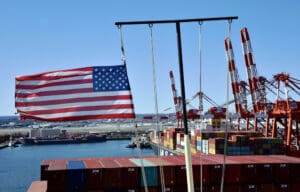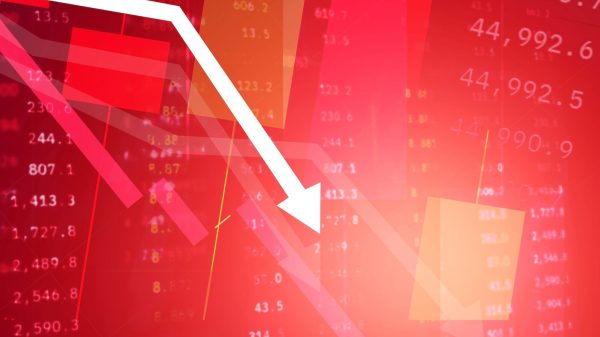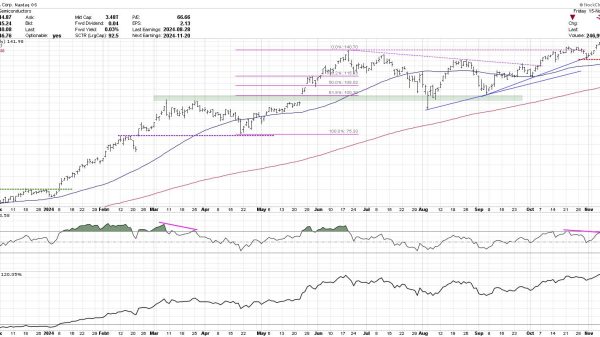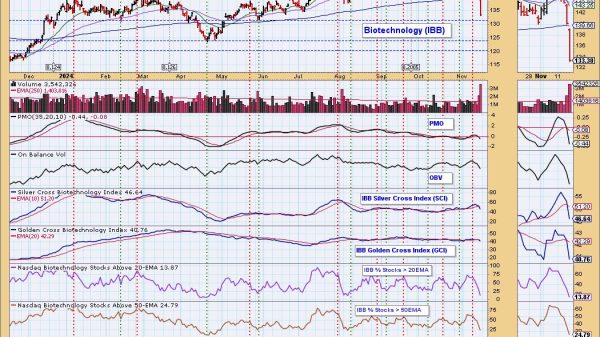The Bank of England insisted that Britain’s banking system was “safe and sound” last night after regulators orchestrated a rescue of Credit Suisse in an effort to calm panicked markets.
It was announced yesterday evening that Switzerland’s second biggest lender was being bought by its rival UBS for a knock-down price of three billion Swiss francs (£2.65 billion) in an emergency deal that has been pushed through by the country’s authorities.
The takeover is the culmination of a weekend of talks involving regulators around the world, including officials at the Bank of England and from the United States. Credit Suisse, which employs about 50,000 staff, is one of only 30 lenders considered to be so integral to the international financial infrastructure that they are deemed to be “globally systemic banks”.
The Zurich-based group has a big presence in London, where it has more than 5,000 employees. They will now be bracing themselves for job cuts.
The Bank of England, which is responsible for the UK’s financial stability, said it welcomed the actions of the Swiss authorities and that it had been “engaging closely with international counterparts” before the rescue deal.
“The UK banking system is well capitalised and funded, and remains safe and sound,” it said. In a further effort to ease strains in the wider financial system, Threadneedle Street also announced joint action with the central banks of Europe, the US, Canada, Japan and Switzerland to bolster dollar liquidity through so-called swap lines, which are backstops designed to ease funding pressures. Britain’s Financial Conduct
Authority, which was also co-ordinating with Swiss regulators on Credit Suisse over the weekend, said it continued to work with other watchdogs to monitor developments.
Bank shares around the world have fallen in recent days since the failure of the regional American lenders Silicon Valley Bank (SVB), Signature and Silvergate, which has raised fears of a crisis that could escalate into a repeat of the 2008 credit crunch.
The turmoil has been caused partly by sharp increases in interest rates, which have exposed frailties in some banks’ business models. Credit Suisse has been pulled into the crisis because investors fear it has been weakened by years of scandals and setbacks, leaving it vulnerable to wider stresses.
A week ago Bank officials and ministers — including Rishi Sunak and Jeremy Hunt, the chancellor — helped to facilitate a rescue of SVB’s UK arm by arranging a sale of the business to HSBC for £1. SVB was a big player in Britain’s technology industry and there were fears an insolvency would cause chaos for its 3,300 customers.






















